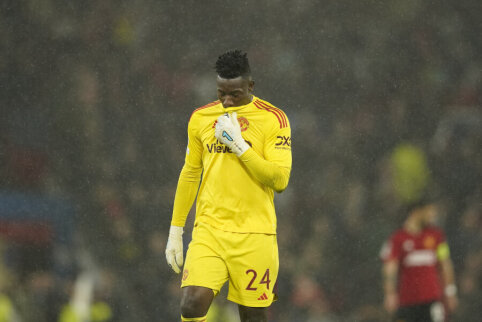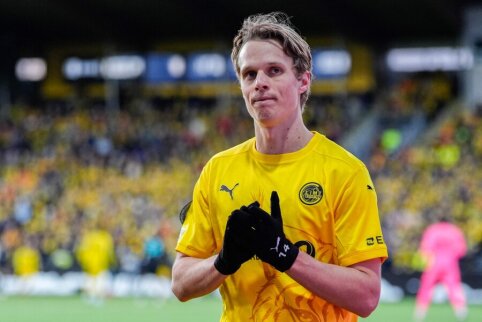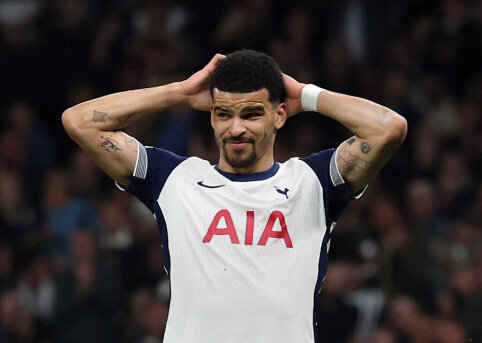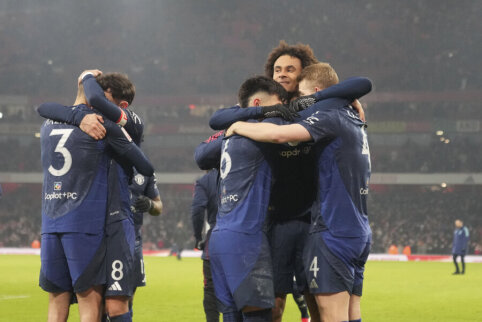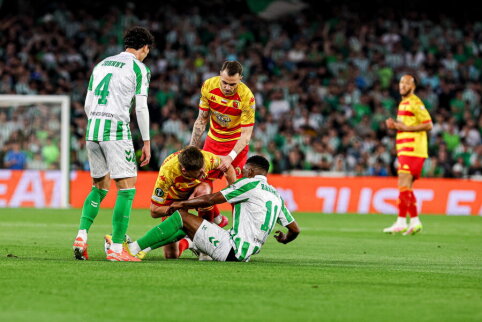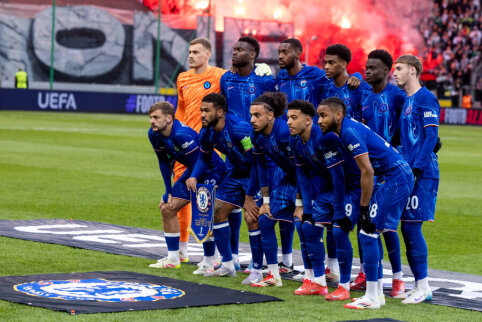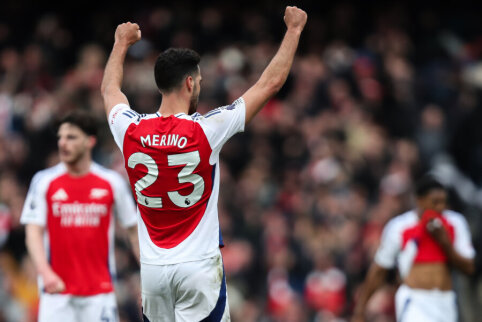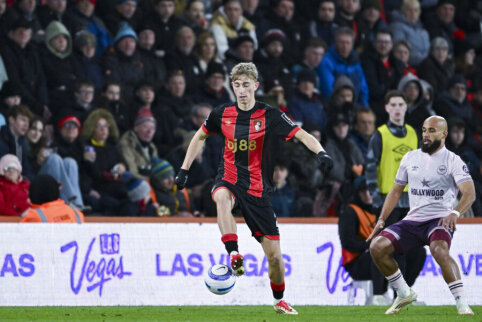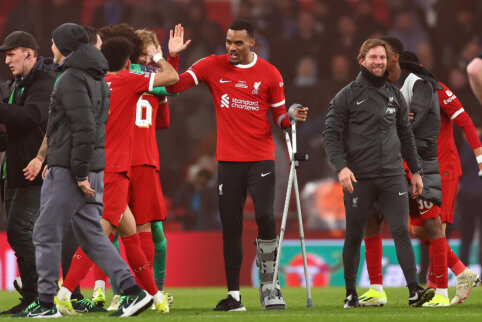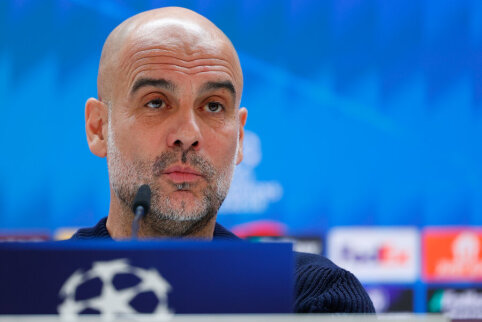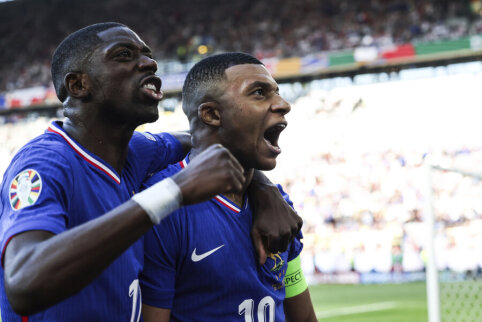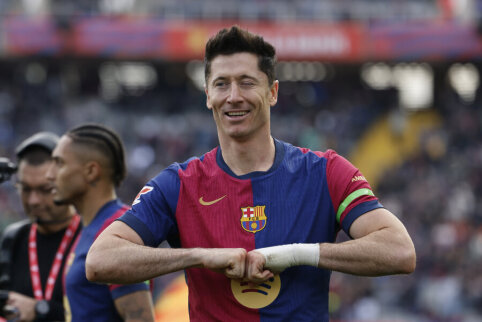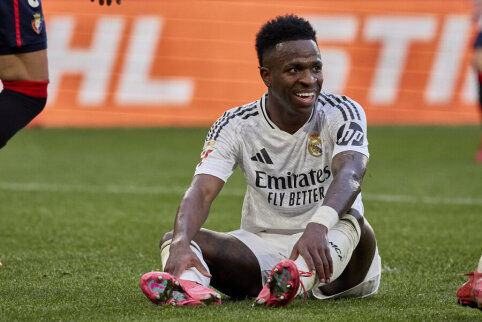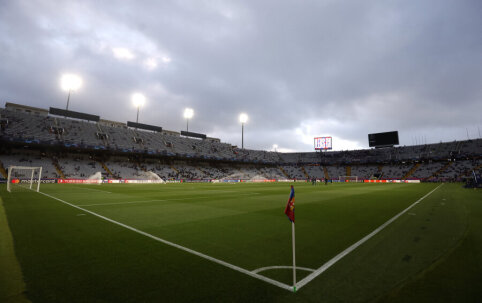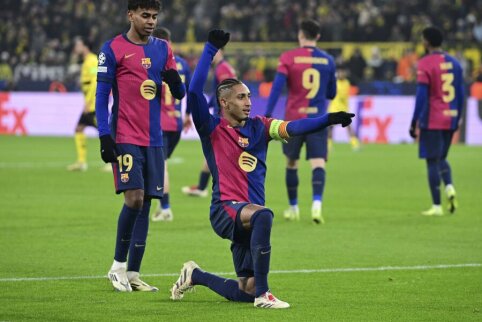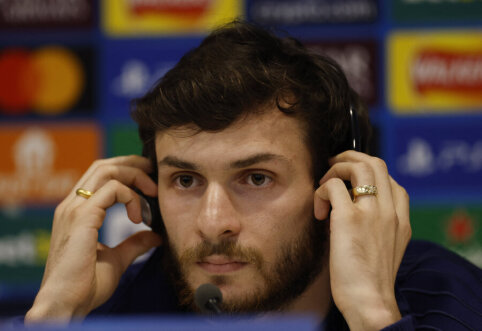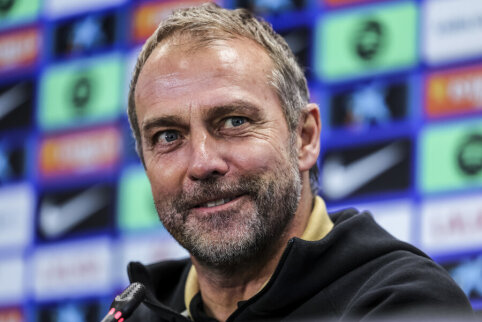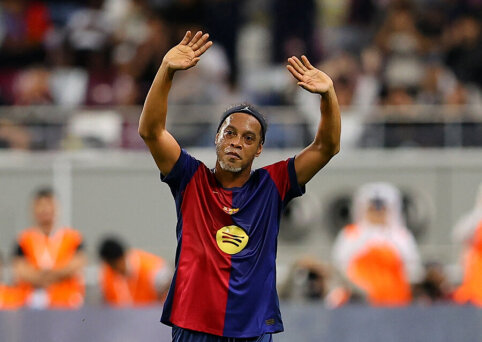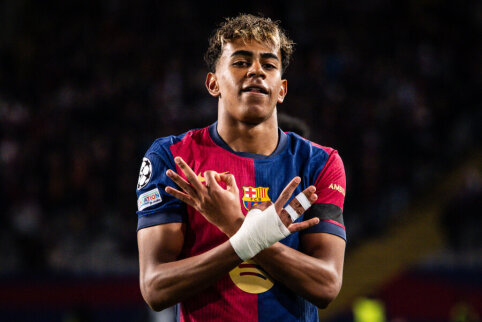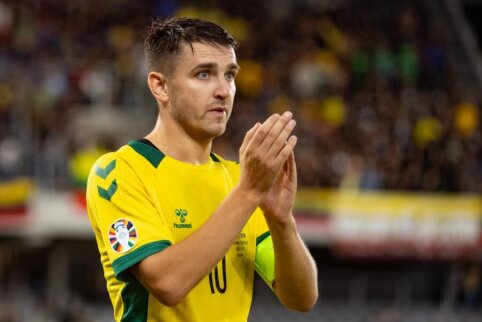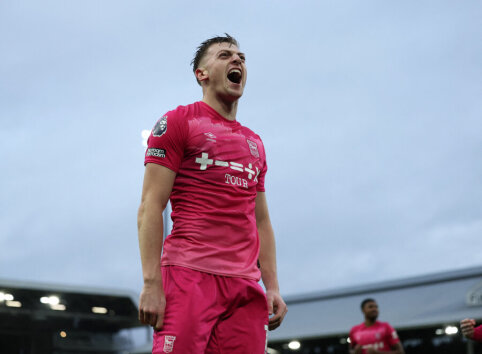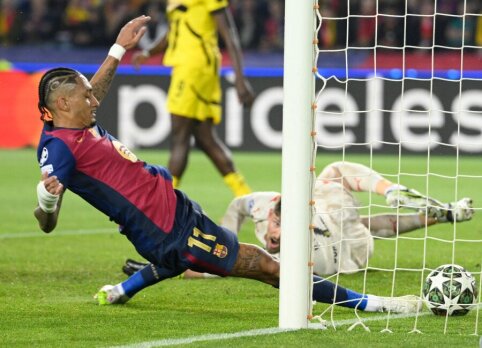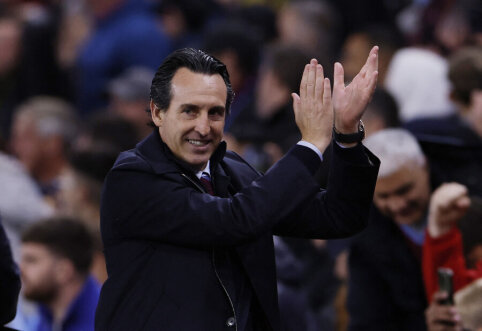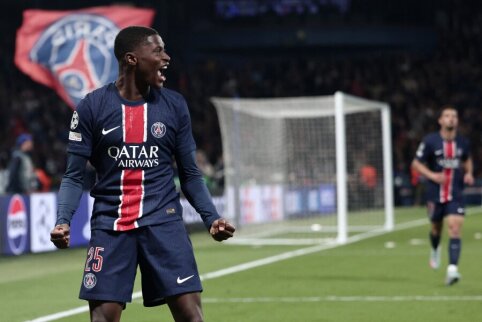 © EuroFootball.com
© EuroFootball.com
A
The natural question arises, where lies the secret of the team that this year is considered a real contender to win all three tournaments it participates in: the Spanish championship, the Spanish Cup, and the UEFA Cup.
There is no magical secret how a 102-year-old club unexpectedly became a force to be reckoned with in European football, especially considering the relatively low investments made. The secret of the team's success lies in skills, vision, long-term goals, and planning. Strangest of all is that the club president Jose Maria del Nido, recently reelected until 2010, helped the team achieve better results by selling three of the biggest stars of recent years: Jose Antonio Reyes to "Arsenal" and Sergio Ramos and Julio Baptista to Madrid's "Real". For all these players, the club received about 85 million euros, but their results not only did not worsen, but even improved.
It's no secret that the Sevilla club has one of the strongest football academies in Europe, and they also benefit from a clear strategy in acquiring players. Instead of paying huge sums for football stars, "Sevilla" chose less famous, but equally talented players: Frederic Kanoute, Andres Palop, Luis Fabiano, and Enzo Maresca. All of these current pillars of Sevilla were acquired for a total of around 20 million euros over a few years.
F. Kanoute is the top scorer in the Spanish championship, and together with Luis Fabiano, they have scored 20 out of 35 "Sevilla" goals in the Spanish championship this season. Another star of the club is the young Jesus Navas - a product of the Sevilla club's youth academy, who is predicted to have a great future.
The club also smartly acquired almost unknown South American talents: Renato, Adriano Correia, and Daniel Alves. The latter is now sought after by many European giants, but the players are no longer in a hurry to leave the Andalusian club.
The biggest credit for such a selective policy goes to one of the club's directors, Ramon Rodriguez Verdejo, known simply as "Monchi". Once a goalkeeper, this young man now has 700 scouts all over the world at his disposal.
"It is important not only to buy players but also to have a clear policy on youth development," says Monchi about the 400 players playing in the club's 22 youth teams. "If one day the team doesn't thrive, it won't have to spend millions on new players."
But what if, as in the case of J. Navas, a player's sudden leap from youth teams to the main "Sevilla" squad causes problems. The young right-back often suffers from panic attacks, which have forced him to withdraw from the Spanish youth team and prevent him from leaving his home in Andalusia for long periods.
"My team of psychologists meets with up to eight players every week," says Sevilla's chief psychologist Miguel Angel Gomez, who leads a group of 12 specialists. "We work to help players control their nerves, depression, believe in themselves, control themselves, and imagine success."
Also renowned for his professional achievements is the club's nutritionist Antonio Escribano, who has helped many players lose weight. According to his special recipe, a liquid porridge is made with up to 40 vitamins, minerals, and proteins. Players often eat this "porridge" during halftime.
"Food for a footballer is like gasoline for a car," says the specialist. "Food helps them stay strong, healthy, and maintain their ideal weight. In addition, this food gives them explosive energy."
But perhaps the main architect of Sevilla's success is J.M. del Nido. Coming to the presidency in 2001, he had a long-term vision that he consistently implemented.
"My team is full of the best players in their positions," the president declared. "Juande Ramos is the best coach in the world. However, no one in this club is irreplaceable. We have a system through which anyone leaving the club can be replaced by someone better."
Is J.M. del Nido creating a dynasty? How the team plays the second part of the season and perhaps wins one or even all three trophies can provide an answer.
